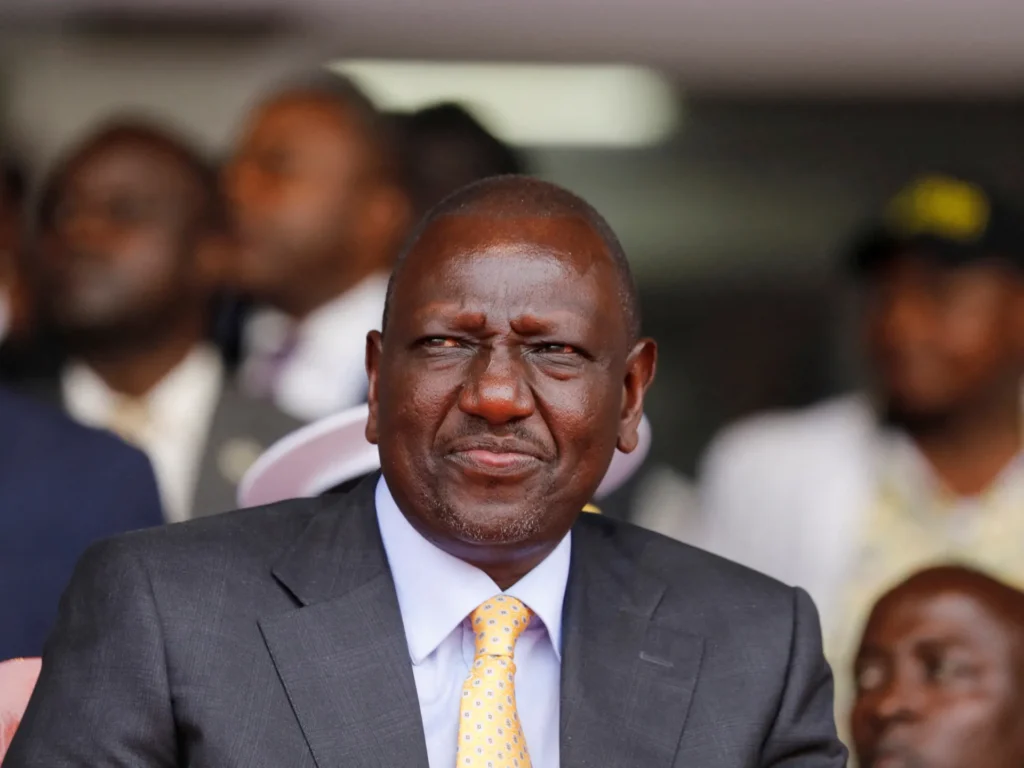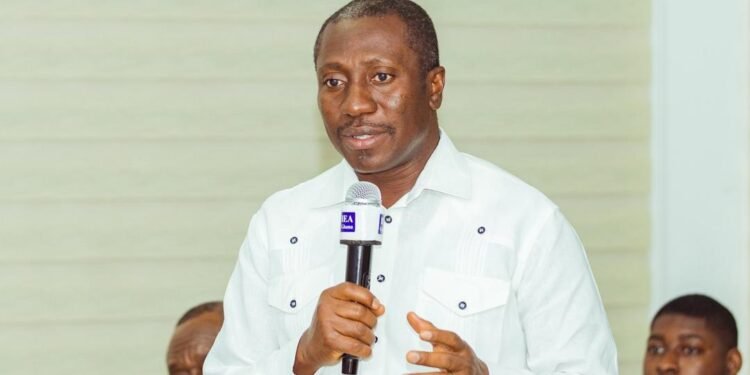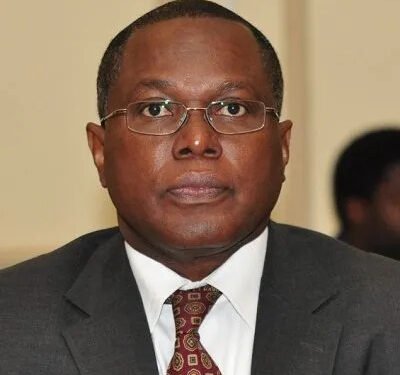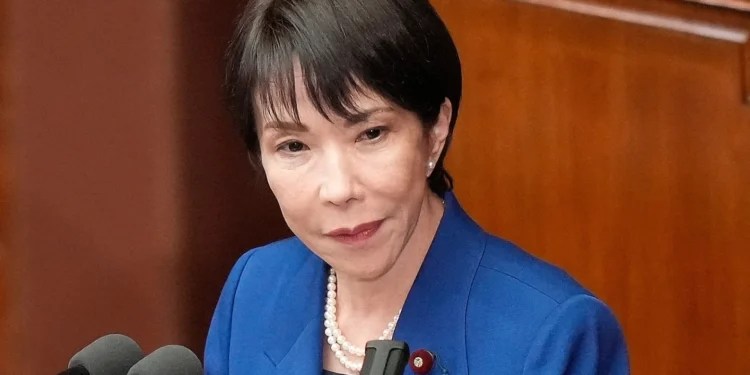As Kenya grapples with a wave of protests triggered by the controversial Finance Bill, The Vaultz News in an interview with Peter Cacah, a social media activist, discusses the underlying issues and potential solutions.
The leaderless demonstrations, which began on June 18, have escalated into a broader movement demanding more accountable governance. So far, the protests have led to the government scrapping the Finance Bill, and closing government offices and portfolios deemed unnecessary or redundant, among others.
Leaderless but Not Directionless
When asked about the leaderless nature of the protests and how the government could effectively engage with and address the grievances of the protesters, Cacah was clear.
“The protest being leaderless is a good thing because it removes the temptation of the leaders being compromised with money to back down,” he explained.
“Besides, all we’re demanding—cutting expenditure, tackling corruption, addressing mismanagement, and stopping government officials from living lavishly—are all public knowledge. There is no need to sit down and have lengthy talks when these issues are already clear and out in the open.”
Peter Cacah
The leaderless nature of the protests has indeed posed a challenge to the government. Without a central figure to negotiate with, the authorities find themselves facing a movement that is both spontaneous and widespread.
This lack of centralization has prevented the typical co-opting tactics and has allowed the protesters to maintain their original demands.
A New Forum for Engagement
Cacah also discussed the innovative approach taken by President William Ruto, who organized an online forum on X space to engage directly with citizens.

When asked if this method should be adopted by other African governments, Cacah was supportive.
“Yes, I think it’s a good step. It opens up a direct line of communication between the government and the people, which is crucial. It shows that the government is willing to listen, even if it’s just a first step. Other African governments should definitely consider this approach because it can make the process of addressing public concerns more transparent and immediate.”
Peter Cacah
The use of digital platforms for direct communication is a novel approach in the African context, where traditional modes of engagement often fall short.
This method could set a precedent for more interactive and responsive governance, enabling a more immediate and transparent dialogue between the state and its citizens.
The Dangers of Brutal Repression
The government’s response to the protests has been a mix of accommodation and repression.
When asked about the potential long-term implications if the government continues to respond to peaceful protests with live fire and other forms of police brutality, Cacah was unequivocal.
“If the government keeps responding with live fire and brutality, it will only deepen the mistrust and anger among the people. It could lead to more violence and instability in the long run.
“Right now, we’re not seeing any significant reforms to ensure the police conduct themselves according to international standards. The government needs to take serious steps to reform the police force and ensure accountability to prevent further escalation.”
Peter Cacah
The use of excessive force by the police has already resulted in the deaths of 39 people, according to the Kenya National Commission on Human Rights.
The Role of International Partners
International partners, such as the International Monetary Fund (IMF), also play a significant role in shaping Kenya’s economic policies. Regarding the role these partners can play in encouraging the Kenyan government to adopt more moderate and constructive approaches, Cacah was critical.
“In fact, they are part of the problem. If you are part of the problem, you can’t be part of the solution. The IMF recommended the tax hikes that sparked these protests.
“International partners need to understand the local context better and push for policies that genuinely help the people, rather than imposing economic measures that hurt the most vulnerable. They should advocate for transparency and accountability in government spending and support efforts to reduce corruption and waste.”
Peter Cacah
As such, Cacah’s perspective highlights the complex interplay between domestic policies and international economic prescriptions. It underscores the need for a more nuanced approach that takes into account the local realities and strives to balance fiscal responsibility with social equity.
READ ALSO: Next Government to Face Hefty Debt Burden, Warns Former Finance Minister Terkper























